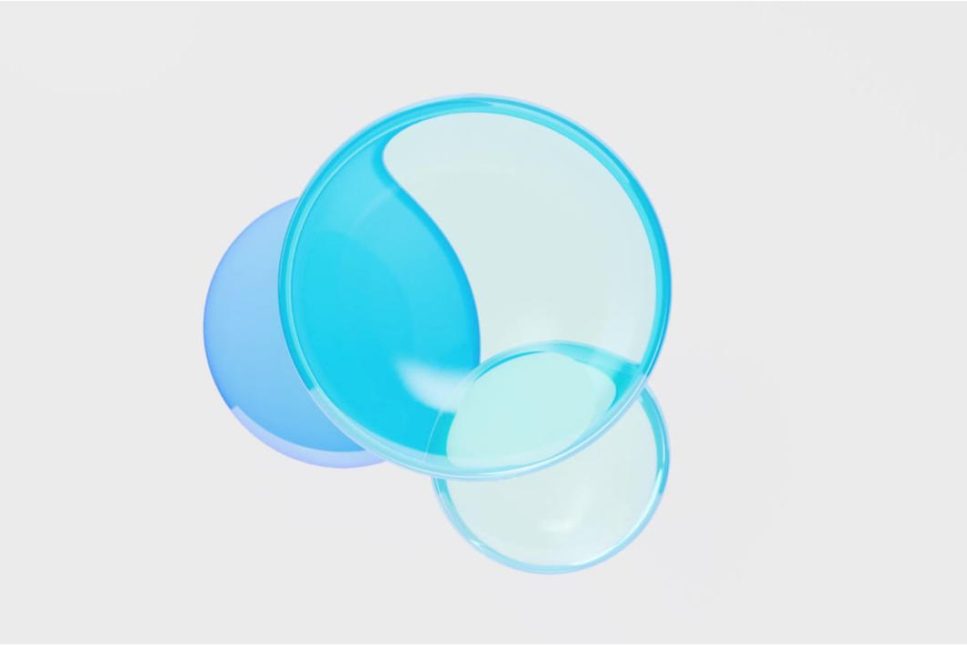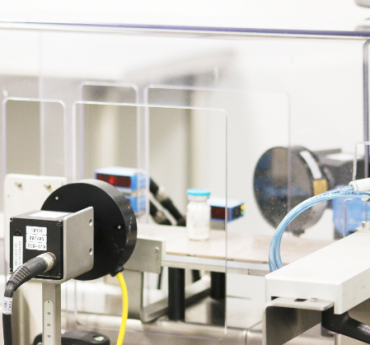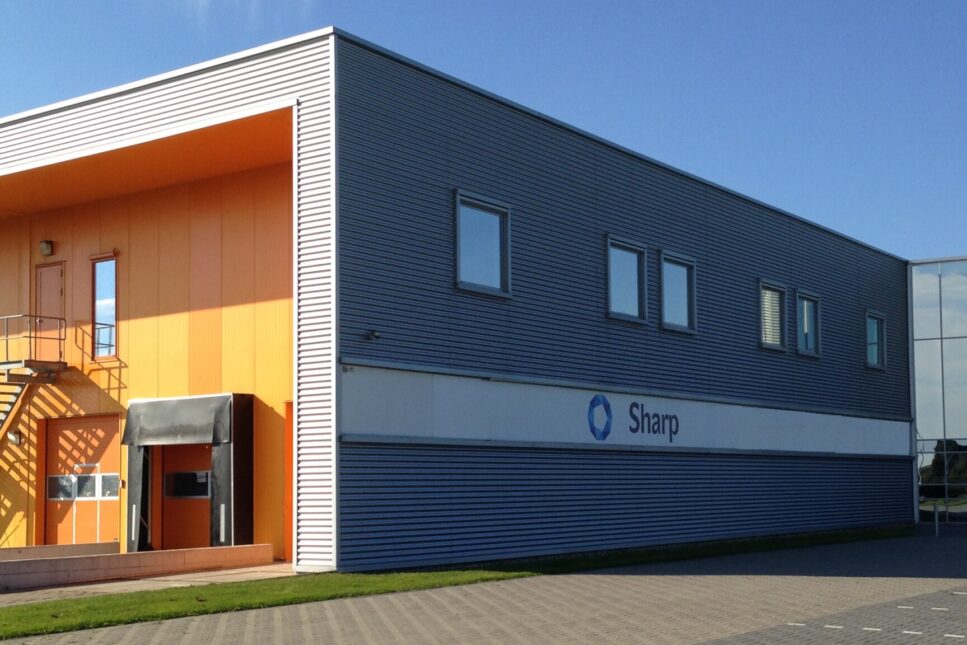October 1st, 2020
Alnylam Pharmaceuticals Inc. (NASDAQ: ALNY), the leading RNA interference (RNAi) therapeutics company, and Sharp today announced an agreement for the packaging of Alnylam’s approved RNAi therapeutic in European markets.
In accordance with this agreement, Sharp Belgium’s Hamont-Achel site will be responsible for the packaging of all Alnylam’s products across European countries.
After obtaining the first-ever European Marketing Authorisation for an RNAi therapeutic in 2018, in March 2020 Alnylam received European approval for its second RNAi product. It recently submitted an application for marketing authorization to the European Medicine Agency for a third RNAi therapy.
“This is a historical milestone for Alnylam BENELUX and constitutes our first significant international investment in Belgium,” said Anant Murthy, Alnylam Vice President and General Manager for Midsize Markets, consisting of the BENELUX countries, Scandinavia, Portugal and Canada. “It is consistent with our strategy to ramp up our investments and footprint in the BENELUX and to establish the region as a strategic hub for our international operations which includes an increase in clinical and medical research in Belgium.”
Sharp recently invested EUR 11 million in its facility network aimed specifically at offering enhanced global injectable and cold-chain capabilities.
Robert O’Beirn, Managing Director of Sharp Europe, added:
Sharp has had a long history of investment in Belgium and since 2012, our facility in Hamont-Achel has been focused on serving the growing demand for injectables and cold-chain packaging in the region.
We are delighted to support Alnylam with this significant pan-European packaging agreement which is an excellent fit for the specialised packaging expertise we offer in Sharp. We look forward to expanding our support for them in the future.
Alnylam sees this investment as another milestone on their mission to deliver hope to patients and their families currently deprived of treatment options.
About RNAi
RNAi (RNA interference) is a natural cellular process of gene silencing that represents one of the most promising and rapidly advancing frontiers in biology and drug development today. Its discovery has been heralded as “a major scientific breakthrough that happens once every decade or so,” and was recognized with the award of the 2006 Nobel Prize for Physiology or Medicine. By harnessing the natural biological process of RNAi occurring in our cells, a new class of medicines, known as RNAi therapeutics, is now a reality. Small interfering RNA (siRNA), the molecules that mediate RNAi and comprise Alnylam’s RNAi therapeutic platform, function upstream of today’s medicines by potently silencing messenger RNA (mRNA) – the genetic precursors – that encode for disease-causing proteins, thus preventing them from being made. This is a revolutionary approach with the potential to transform the care of patients with genetic and other diseases.
About Alnylam
Alnylam (Nasdaq: ALNY) is leading the translation of RNA interference (RNAi) into a whole new class of innovative medicines with the potential to transform the lives of people afflicted with rare genetic, cardio-metabolic, hepatic infectious, and central nervous system (CNS)/ocular diseases. Based on Nobel Prize-winning science, RNAi therapeutics represent a powerful, clinically validated approach for the treatment of a wide range of severe and debilitating diseases. Founded in 2002, Alnylam is delivering on a bold vision to turn scientific possibility into reality, with a robust RNAi therapeutics platform. Alnylam has a deep pipeline of investigational medicines, including six product candidates that are in late-stage development. Alnylam is executing on its “Alnylam 2020” strategy of building a multi-product, commercial-stage biopharmaceutical company with a sustainable pipeline of RNAi-based medicines to address the needs of patients who have limited or inadequate treatment options. Alnylam is headquartered in Cambridge, MA. In its 18 years of existence, Alnylam has invested over $5.3 billion, of which over $3.5 billion has been spent on research and development in its mission to develop a new class of medicines based on RNAi.






